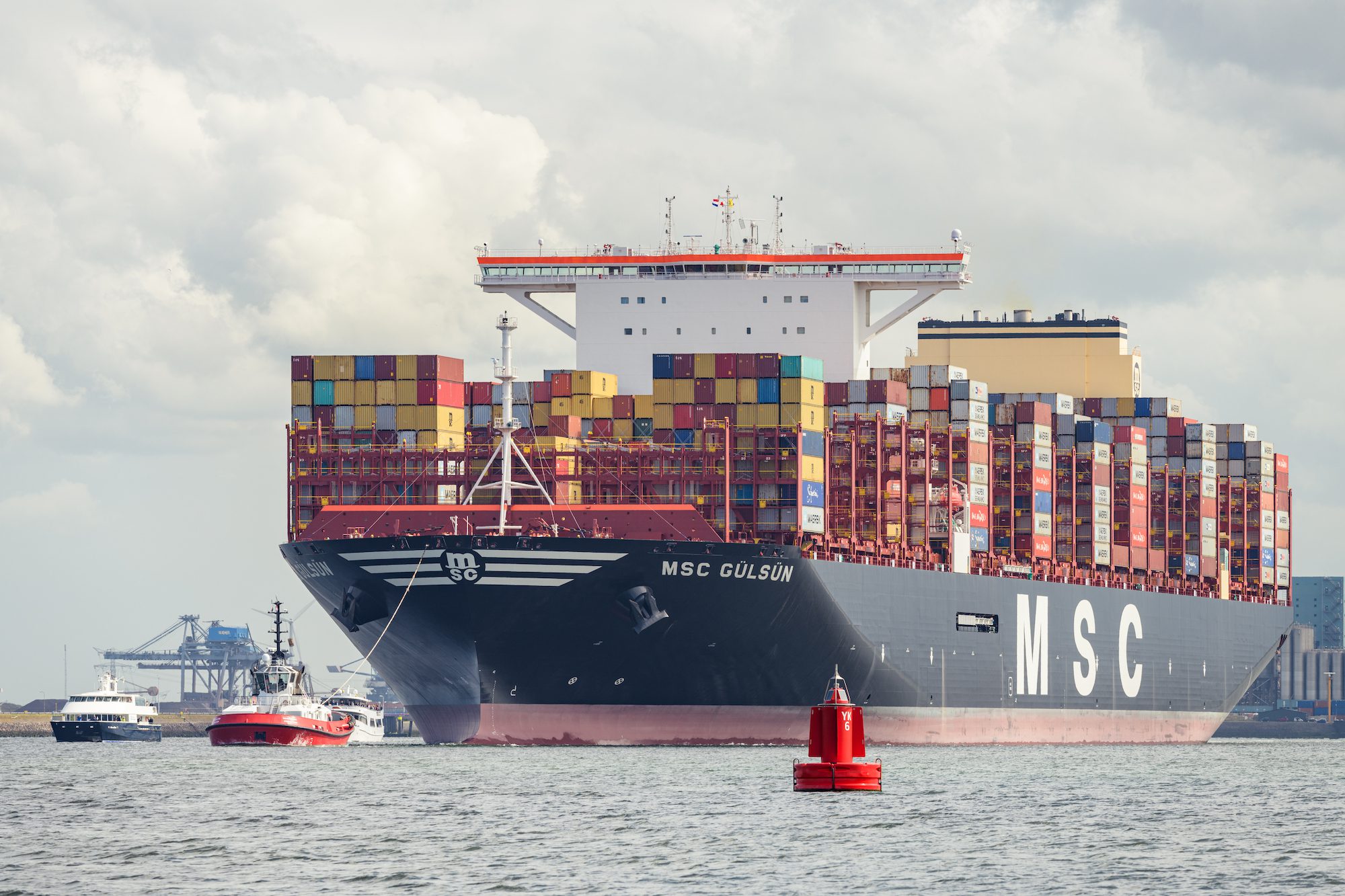By Gavin van Marle (The Loadstar) –
It was just over a month ago that forwarders began to realise significant disruption was on the way for the Asia-North Europe trade – a sudden surge in demand led to tight space, combined with the beginning of spot rates’ rapid rise.
However, it also appears to have caught carriers off guard as well, as data obtained from the eeSea liner database shows that capacity reductions on the trade in April amounted to almost 25% of previously advertised capacity.
Altogether, some 1.68m teu of capacity ought to have been offered to shippers, according to carriers’ published schedules, while only 1.29m teu actually sailed, leaving shippers with a shortfall of 397,000teu – the equivalent of some 200,000 40ft containers – via blank sailings, omissions delayed arrivals.
In terms of sailings, 128 container vessels arrived in North Europe during April against an advertised 169.
While spot freight rates on the trade continued to soar this month, carriers, contrary to assertions that blank sailings have distorted the supply-demand balance, did increase capacity and almost made up for half the April shortfall.
Against a proforma expected capacity of 1,599,000 teu, carriers provided – barring any new disruptive events over the next two days – 1,477,000 teu capacity on 149 sailings, compared with the 160 advertised.
However, eeSea head of operations and forecasting Destine Ozuygur warned there may be other factors influencing carrier deployment strategies beyond catering for their customers.
“It’s a bit contrarian against what people may expect to see, given their unfavourable view of carriers manipulating the market. We’re actually seeing a drop in aggregate lost sailings but of course there’s more to discuss under the hood,” she told The Loadstar, and explained that the drop in blanks and omissions may also be due to “the suspension of one or two services that kept up a steady stream of blanks in previous months, the persistence of the Red Sea issues has carriers taking business elsewhere or downsizing”.
She said another factor was that the “recent injection of new capacity on a couple of services is not necessarily to keep up with shipper demand, but more to counterbalance the increased transit times past the Cape of Good Hope”.
And she pointed to the more basic issue of carrier earnings potential: “My understanding is that the high rates on the Asia-Europe trade are strongly tied to surcharges for risk, increased transit cost and congestion factors – if they’re already reaping the benefits of these politically charged high rates, would it really make sense for them to pull additional charters off the market?”
eeSea’s current projection for June, with announced blanks factored in, forecasts 1.54m teu of capacity against a pro forma 1.61m teu, although Ms Ozuygur warned this could change at short notice.
“This means we’ve seen 10 blanks in May vs 28 in April, and we expect a slight uptick to that, so far, in June.
“I would say take the second half of June, and July, with a grain of salt, because the volatility of the world stage has necessitated carriers becoming more adept at navigating changes to their schedules in the short term.
“The numbers aren’t static, and we frequently see blanks announced in the short weeks or being switched out last minute on existing sailings – it’s not an everyday occurrence, but it certainly is more common than it used to be, particularly on this trade,” she told The Loadstar.
The Loadstar is known at the highest levels of logistics and supply chain management as one of the best sources of influential analysis and commentary.
Unlock Exclusive Insights Today!
Join the gCaptain Club for curated content, insider opinions, and vibrant community discussions.

